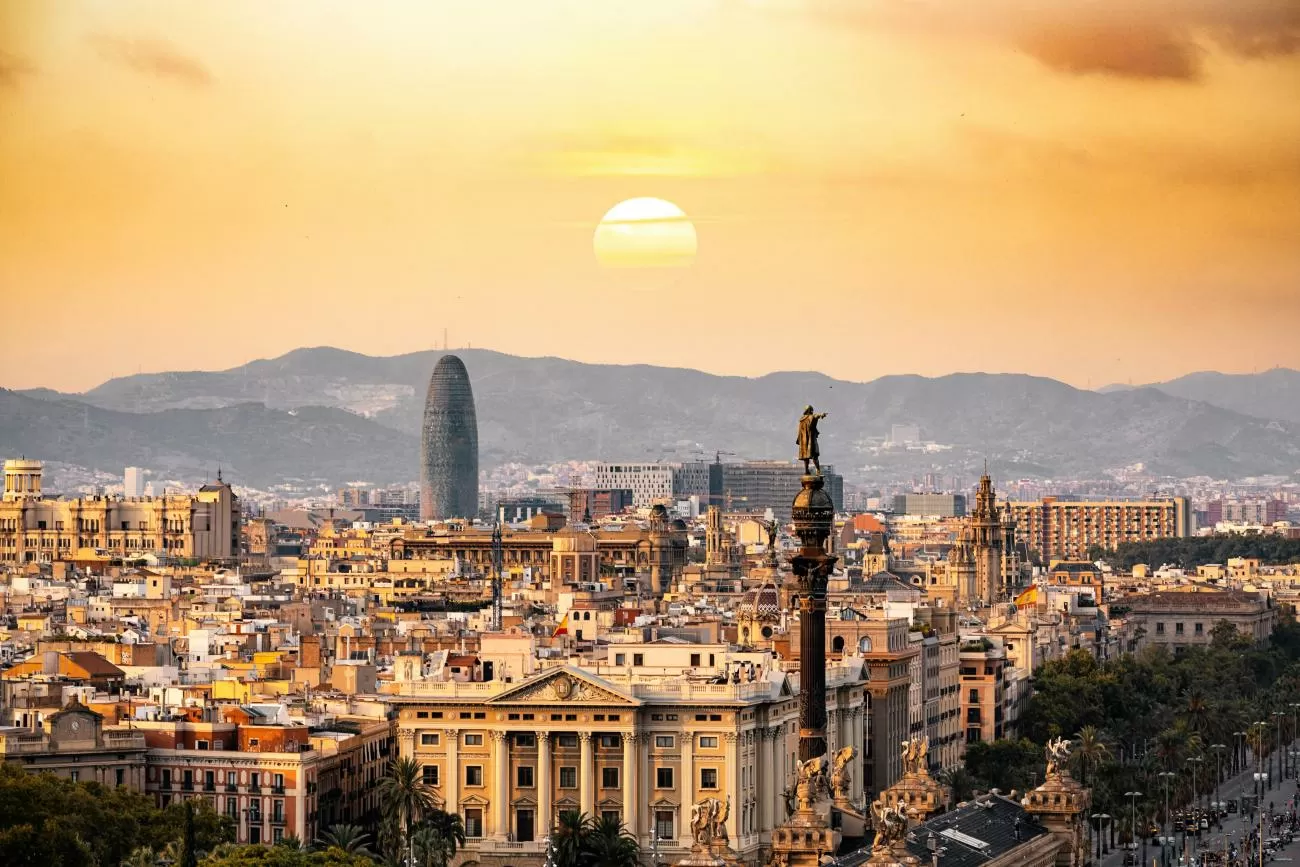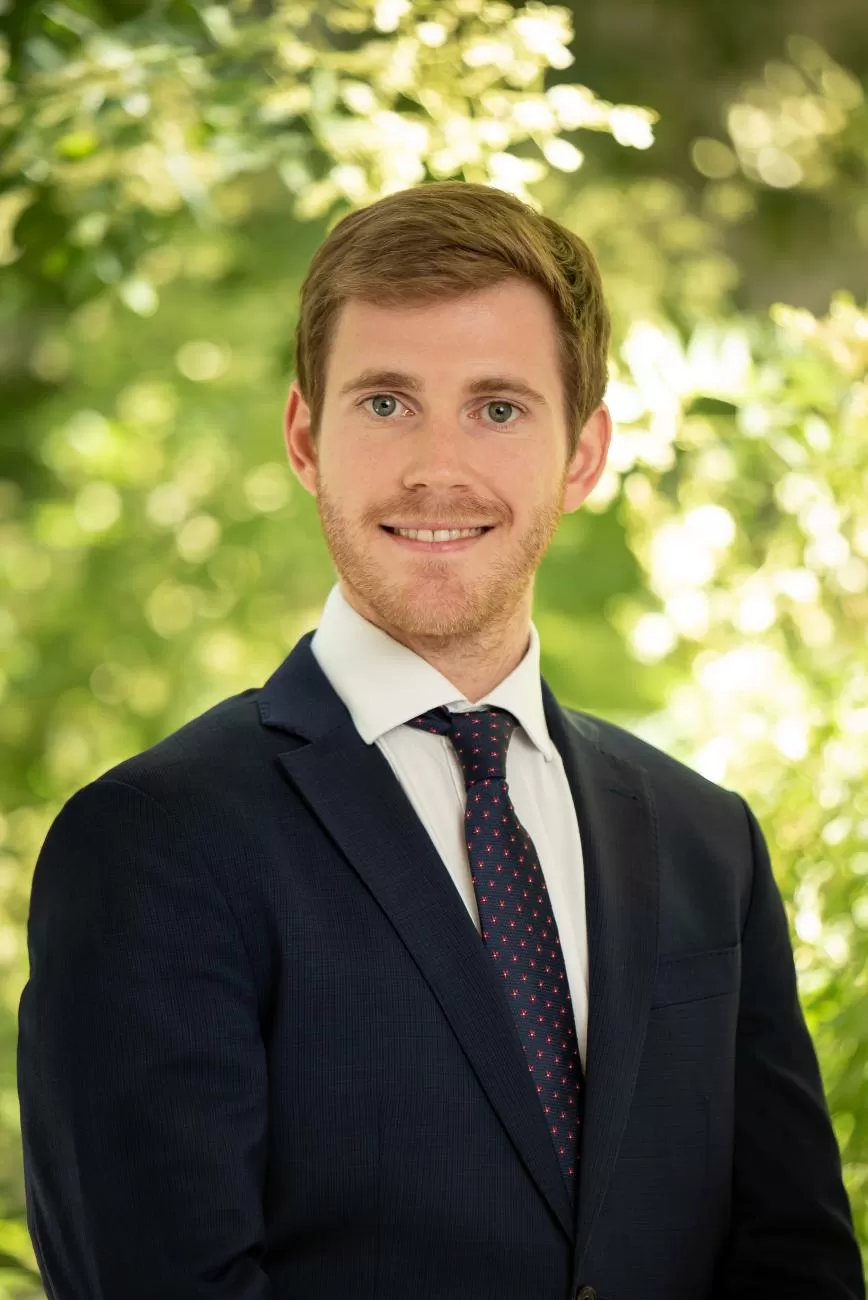 Publicado: 19-11-2024
Publicado: 19-11-2024
Spain is currently debating an extraordinary proposal in Congress for the mass regularization of irregular migrants, driven by the Popular Legislative Initiative (ILP) "Esenciales", which has garnered over 600.000 signatures of support. Presented in 2021, the initiative has gained renewed significance as Spanish society becomes increasingly multicultural, alongside the need to acknowledge migrants` contributions to the Spanish economy, particularly in sectors such as agriculture, construction, and caregiving.
It is estimated that approximately 475.000 migrants reside in Spain without legal status, according to data from Congress and migrants associations. The proposed mass regularization could grant these individuals access to basic rights and services, fostering positive impacts for both migrants and Spanish society at large.
What does the mass regularization proposal entail?
The "Esenciales" ILP outlines an extraordinary regularization process for migrants already residing in the country and meeting specific social or employment integration requirements. The key aspects of the proposal include:
- Minimum residence requirements in Spain: Migrants would need to demonstrate a continuous period of residence in the country for at least two years.
- Community integration: Applicants must demonstrate social or employment ties to Spanish society, such as holding a work contract or being enrolled in vocational training programs.
- Streamlined process: The proposal aims to reduce bureaucratic barriers, allowing more individuals to attain legal status and, thus, a better quality of life.
What are the requirements to qualify for regularization in Spain?
Although the final details are contingent on Congressional approval, the proposal currently outlines the following basic requirements:
- Continuous residence: A minimum period of two years of uninterrupted residency in Spain.
- Employment or social ties: A formal employment relationship, or alternatively, participation in social integration programs or professional training.
- No criminal record: Applicants must have no criminal record, either in Spain or in their country of origin.
It is also important to note that, according to the proposal, regularization may extend to those who can demonstrate work in essential sectors such as caregiving, hospitality, or agriculture, recognizing the contributions these migrants have made, especially during the pandemic.
What benefits would mass regularization bring for migrants and Spanish society?
If approved, mass regularization could yield substantial benefits for both migrants and society as a whole:
- Labor rights and access to the formal market: Regularization would enable migrants to secure formal employment with contracts and social benefits, providing them with stability and security.
- Access to essential public services: Migrants would gain full access to health and education services, ensuring a better quality of life and contributing to a more equitable society.
- Increased tax revenue: Integrating migrants into the formal market would increase tax revenue, stimulating the economy and helping fund public services.
- Strengthening social cohesion: By regularizing those already integrated into society, social exclusion would be reduced, fostering a more harmonious coexistence.
Frequently asked questions
- How long could the regularization process take? While processing times will depend on available resources, it is anticipated that the administration will implement simplified procedures and provide a broad submission period for applications in order to manage requests in a reasonable timeframe.
- What happens if the application is denied? In the case of rejection, the applicant may file an appeal with the Ministry of Inclusion, Social Security, and Migration. Additionally, there is an option to submit additional documentation during this review process.
- Is it possible to apply for regularization without a formal work contract? The proposal includes social integration as an option, allowing migrants without formal employment to demonstrate community ties through social integration reports or participation in state-recognized programs.
- Can residency obtained through this regularization be renewed? Yes, the residence permits granted would be renewable if the migrant fulfills the labor or social integration requirements set out within the framework of this initiative.
At Gentile Law, we have a specialized Immigration Law department that is closely monitoring the legislative process of this mass regularization proposal. We are prepared to advise and assist all individuals who wish to take advantage of this extraordinary opportunity should it become a reality. Our team is committed to providing the necessary support and guidance so that migrants can regularize their status in Spain effectively, ensuring that each step of the process is clear and accessible for all our clients.

Pablo Lanfranchi
pablolanfranchi@gentile.law
+34 604 516 052
 + 34 602 226 503
+ 34 602 226 503



